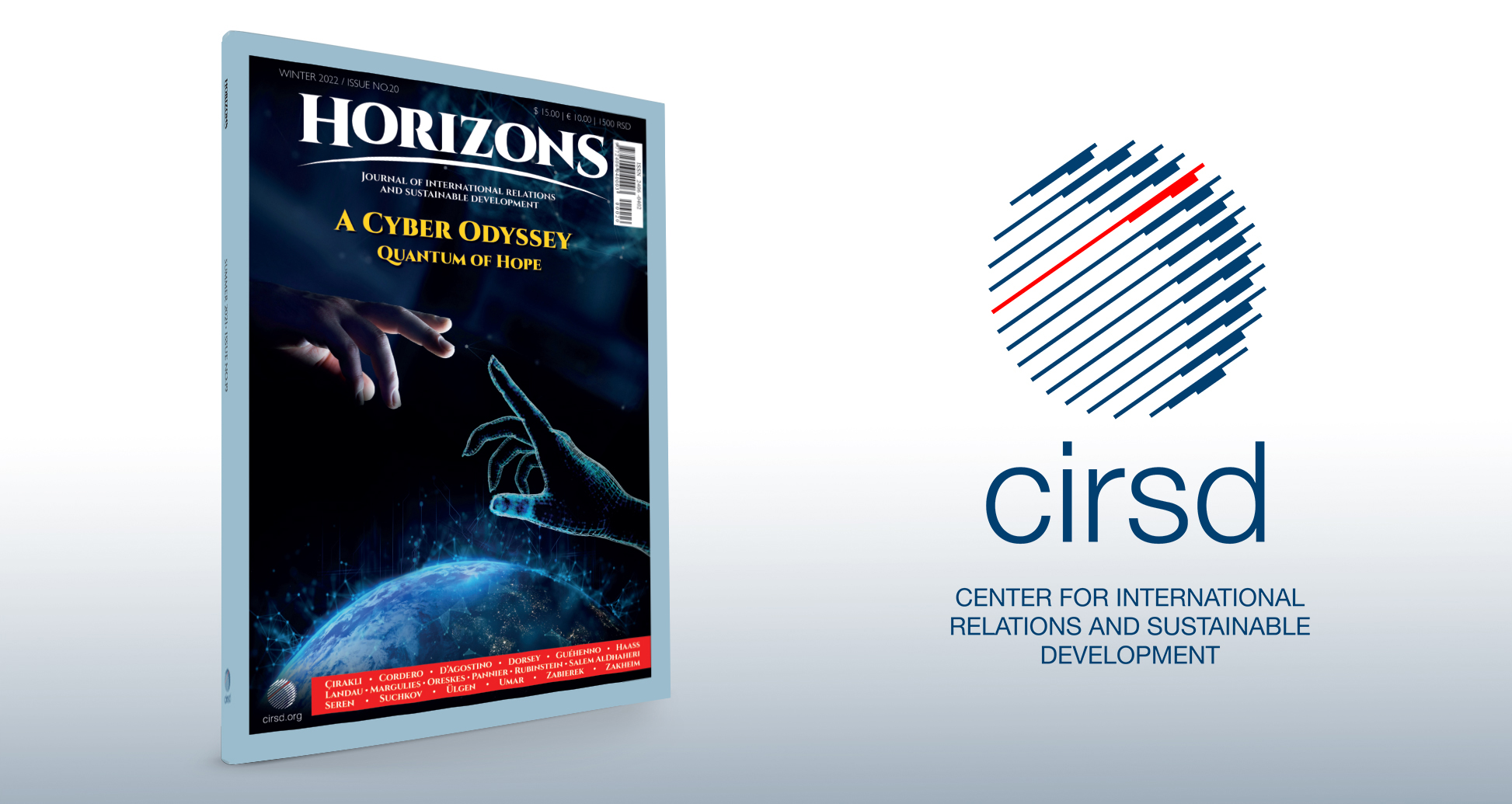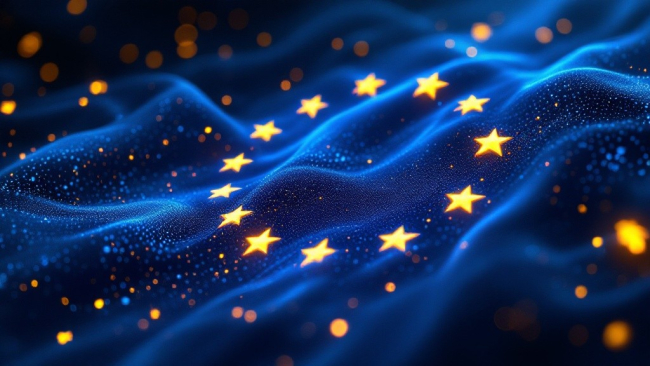Europe’s Quest for Technological Power
Computing power plays a key role in enabling data analytics and machine learning, in cybersecurity, for scientific research, and in military domains like nuclear warhead design and detonation simulation.

Computing also has industrial ramifications, not least due to a relatively small number of players that hold key spots in the value chain. This leads some to argue that the contours of computational power define who has control over and access to the benefits of computer-based technologies like artificial intelligence.
This essay focuses on two complementary segments of computing: high-performance computing (HPC, also known as “supercomputing”), and quantum computing. Both are very distinct in terms of maturity. HPC has been widely used in scientific research, meteorology, the military, finance, and industry since the 1990s. Arguably, a nation’s ability to deploy supercomputers constitutes a form of soft power, as well as being a scientific and national security imperative. Today, a few countries around the globe are engaged in a race to deploy the next level of supercomputers, known as exascale machines. But the field is also currently witnessing a diversification of uses, with new needs stemming from big data applications for industry.
Meanwhile, quantum computing is still at an experimental stage but has highly disruptive potential, in both civilian and military domains. It seeks to exploit the properties of quantum mechanics and as such, constitutes a whole new paradigm in computing. Indeed, quantum computing indeed will multiply computing power exponentially, with considerable cybersecurity implications and industrial and scientific applications. The field has experienced swift progress in recent years, even if large-scale quantum computers might still be a decade away.
The race for computing power, including quantum computing, has become a key element of the U.S.-China technological competition. Yet, the competition is far from being solely a U.S.-China matter. For logical reasons considering its applications and implications, computing power is a strategic priority for European governments as well as for the European Union. This is especially the case when it comes to quantum computing. Countries around the world have recognized that quantum science has moved from an academic field of research to a fast-growing technological sector. Consequently, they are developing strategies in the field, so that current dynamics are akin to a space race.
This essay examines the state of play of technological developments and international competition in HPC and quantum computing, with a particular emphasis on where France and Europe stand in the global race for computing power. The first half of the essay presents current dynamics in the HPC sector: on the one hand, the enduring role of states in shaping supercomputers as a strategic sector, and on the other hand, the ongoing “democratization” of the field, with growing uses in industry. It then addresses the geopolitical considerations that supercomputing raises for Europe, as well as ongoing strategies aimed at enhancing Europe’s technological power in the field.
The second half of the essay addresses quantum computing. After introducing the main principles of quantum computing, it reviews recent progress and remaining technological hurdles, as well as the strategic and economic applications and implications of quantum computing. It then looks at the quantum strategies deployed by the U.S., China, and EU countries, with a particular emphasis on the French 2021 Quantum Plan.
> Read the entire essay on the website of the Center for International Relations and Sustainable Development.

Available in:
Regions and themes
Share
Related centers and programs
Discover our other research centers and programsFind out more
Discover all our analysesRegulatory Dynamics and Tensions in the Space Sector: Towards and Americanization of Space Law?
The development of space law has gradually evolved from a top-down normative dynamic dominated by the founding impetus of the UN to a bottom-up normativity driven by national and industrial practices. This evolution is now accompanied by growing normative competition, raising the risk of an Americanization of space law and prompting the question of a European response.
The Sustainability of Space Operations: An Opportunity for European Leadership?
As space becomes a key arena for power projection strategies, while facing growth and diversification of orbital activities, the concept of “space sustainability” is emerging as a new framework of analysis for space governance.
The “Huawei Saga” in Europe Revisited: German Lessons for the Rollout of 6G
While the European Union attempted to coordinate a collective response through its 5G Toolbox in Europe’s 5G infrastructure, member states diverged significantly in balancing political, economic, and technological considerations. Germany, despite its economic ties to China and status as Europe’s largest telecom market, only reached a tentative agreement in July 2024—one that appears largely symbolic.
European Startups and Generative AI: Overcoming Big Tech Dominance
Europe is at a crossroads. Faced with the domination of American Big Tech across the entire generative Artificial Intelligence (AI) value chain, from foundation models to cloud infrastructure, distribution channels, and open source, it risks long-term technological and economic decline. Yet generative AI also represents a major opportunity for economic transformation, with a potential value estimated at 1.5 times France’s gross domestic product (GDP). To turn it into a driver of renewal, Europe must move beyond the illusion of total technological independence and instead build an ecosystem that leverages Big Tech resources while strengthening its own innovation capabilities.











